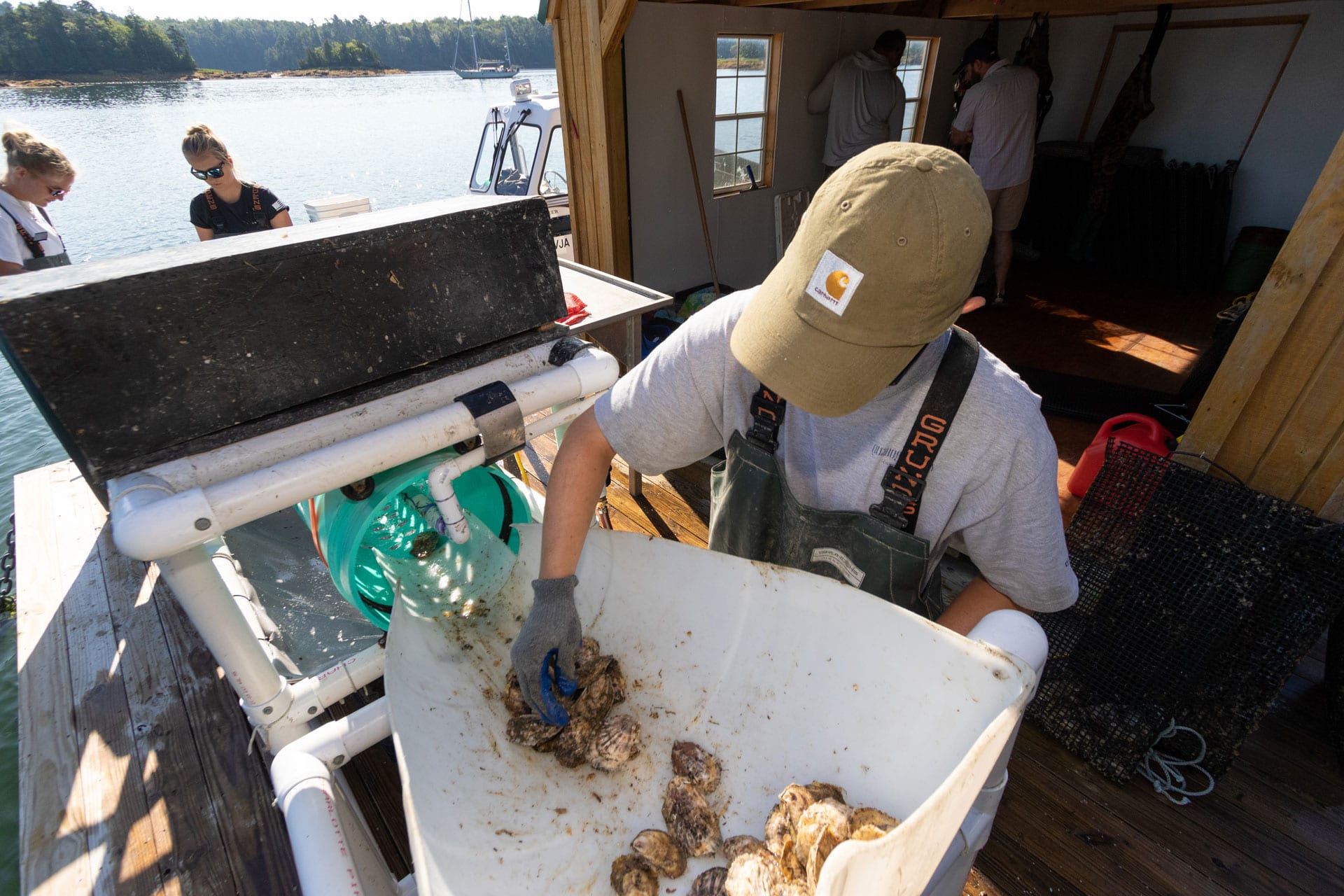04
NOVEMBER, 2019
Sustainable Aquaculture
Ecosystem Revitalization
Green Innovation & Industry
As global population has grown, demand for premium quality, local seafood has exceeded what we can harvest from the wild. Sustainable aquaculture has emerged as an innovative and green way to meet this growing demand providing food, jobs, and support for Maine’s working waterfront.
The Gulf of Maine’s marine economy has great potential for growth if an emphasis is placed on promoting sustainable aquaculture operations. When done correctly, sea farming is a safe and responsible way to harvest marine resources. Although wild harvest is often hastily preferred, harvesting in this way is becoming increasingly difficult as ocean temperatures rise and the climate changes. Additionally, the impact of wild harvesting methods like trawling are far-reaching, as they disrupt ecosystems and generate a multitude of bycatch. Aquaculture will never replace traditional fisheries, but sea farms can coexist with industries that are already long established in Maine. Many bivalve species are also ecosystem engineers, which means these industries could ultimately benefit from enhanced water quality and species diversity.

Interns cleaning oysters at the Snow Island Oyster floating farm
Photograph by Elijah Miller via Gulf of Maine Research Institute
Our Goals
In addition to revitalizing the ecosystem, our goal is to become a model of a successful ecofriendly aquaculture business. We aim to become a hands-on demonstration farm for aspiring oyster aquaculturists, while annually cleaning 10 billion gallons of water with our massive natural filtration system (oysters!). We want to help bolster this industry because we believe in it. To help grow the oyster aquaculture industry responsibly, we provide support and education opportunities for aspiring farmers who wish to enter the industry, as well as advising for established farmers looking to expand.
Our Progress
In September 2019, the State of Maine Department of Marine Resources approved our 2.9-acre experimental lease site off of Snow Island in Quahog Bay. Here we will display a variety of different gear types (Flow n’ Grow, Oystergro, etc.) and methods used to harvest oysters. We hope to provide experiential education and our knowledge of trial & error to the next generation of sea farmers.
Our partnerships with the Gulf of Maine Research Institute (GMRI) and Mook Seafarm broadens our impact for ecological and economic sustainability of marine environments. A recent economic analysis (Maine Farmed Shellfish Market Analysis) conducted through GMRI showed a tremendous opportunity for the growth of Maine’s aquaculture industry. Together, we are working to diversify and fortify fishing opportunities in coastal communities.
Subscribe to our Awesome Newsletter.
